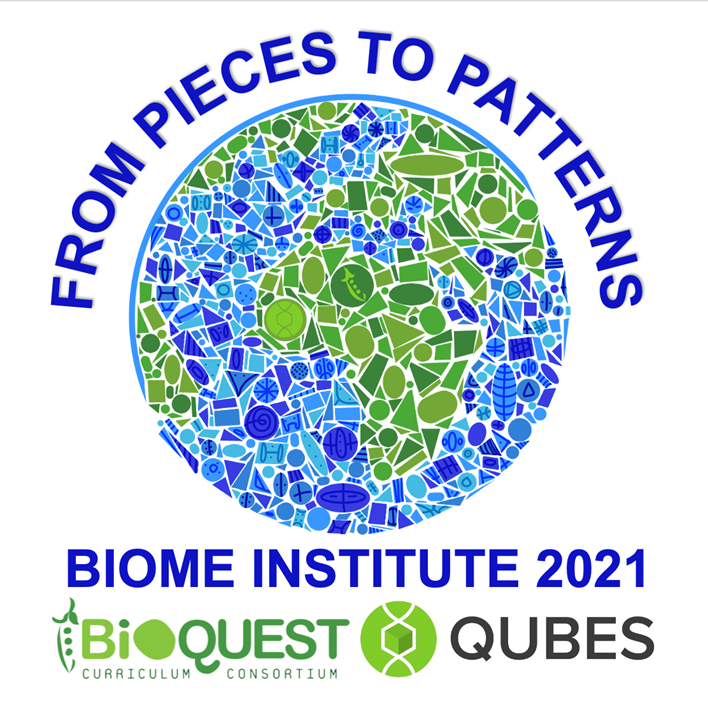Students Authoring Molecular Case Studies
Author(s): Elizabeth Pollock1, Kasandra Riley (She/Her)2, Didem Vardar-Ulu3, Shuchismita Dutta4
1. Stockton University 2. Rollins College 3. Boston University, Chemistry Department 4. RCSB Protein Data Bank, Rutgers University
1251 total view(s), 369 download(s)
Description
Understanding the relationship between biomolecular (e.g., protein and nucleic acid) structure and function is a core learning goal in biochemistry. Molecular case studies (MCS) available from Molecular CaseNet (https://molecular-casenet.rcsb.org/) can help students visualize the three-dimensional shapes of biomolecules , examine how they interact with other molecules to affect its biochemical consequences. We describe here an expansion of the use of such case studies to help students develop their skills in reading the primary literature and identifying authentic scientific problems by authoring their own case studies. Through this project, students can explore the Protein Data Bank (PDB) to identify case relevant structures and integrate information from related bioinformatics resources such as Uniprot and DrugBank. They develop learning objectives and learn to write case and assessment questions. In pilot implementations of this idea student feedback was positive, with many students choosing to continue to refine and prepare their MCSs for publication. Draft guidelines developed for authoring molecular case studies and rubrics for reviewing them are currently being tested and refined.
Cite this work
Researchers should cite this work as follows:
- Pollock, E., Riley (She/Her), K., Vardar-Ulu, D., Dutta, S. (2021). Students Authoring Molecular Case Studies. 2021 Biology and Mathematics Educators (BIOME) Institute, QUBES Educational Resources. doi:10.25334/M0P7-DQ22
